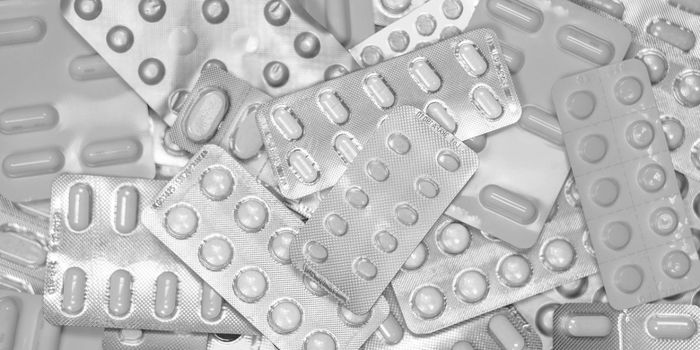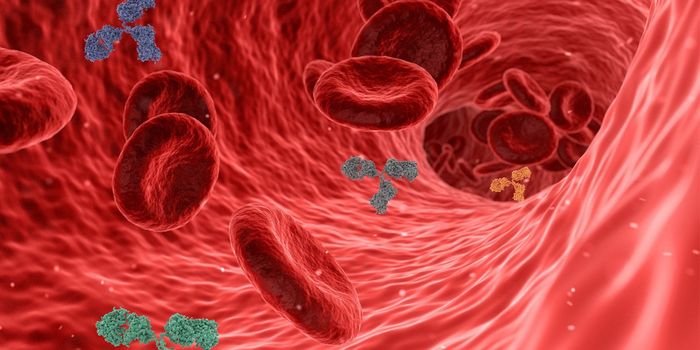Twice Yearly Injection 96% Reduces HIV Infection Risk by 96%
A recent phase 3 trial found that twice-yearly injections of Lenacapavir reduce the risk of contracting HIV by 96%. The corresponding study was published in The New England Journal of Medicine.
PrEP (pre-exposure prophylaxis) medications, such as Truvada, are an effective means of HIV prevention, but only if taken daily. Their efficacy is significantly compromised if taken inconsistently.
Previous research has shown that subcutaneous lenacapavir, taken twice per year, is effective for preventing HIV infection in women. How the treatment affects men, transgender women, and transgender men, however, remains unclear.
For the current study, researchers conducted a phase 3, active-controlled trial with 3, 265 participants who were either given Lenacapavir every 26 weeks or Truvada daily. Over the course of the trial, only two participants out of the 2 179 total who took Lenacapavir contracted HIV. The same was true for nine people in the Truvada group, which contained 1 086 participants. The trial further found that adherence to Lenacapavir injections was higher than that of Truvada pills.
"What we see over time is that about half of people who start taking daily oral PrEP stop within a year due to various factors," said Colleen Kelley, MD, lead author of the study and professor in the School of Medicine at Emory University in a press release.
"Having an effective injectable that is only needed twice annually is very significant for people who have trouble accessing healthcare or staying adherent to daily, oral pills,” she added.
Lencapavir is now being considered by the FDA. Kelley hopes that the drug will be approved by 2025 for commercial use.
"The results of this study add to the armamentarium of novel tools for HIV prevention. Long acting antiretrovirals offer new hope for those who are not able to take oral medications," said Carlos del Rio, MD, chair of the Department of Medicine at Emory University School of Medicine, not involved in the study, in a press release.
"The challenge is now to roll out and make these tools available and accessible in an equitable way - only then we will see new HIV infections dramatically decreased locally and globally,” he added.









